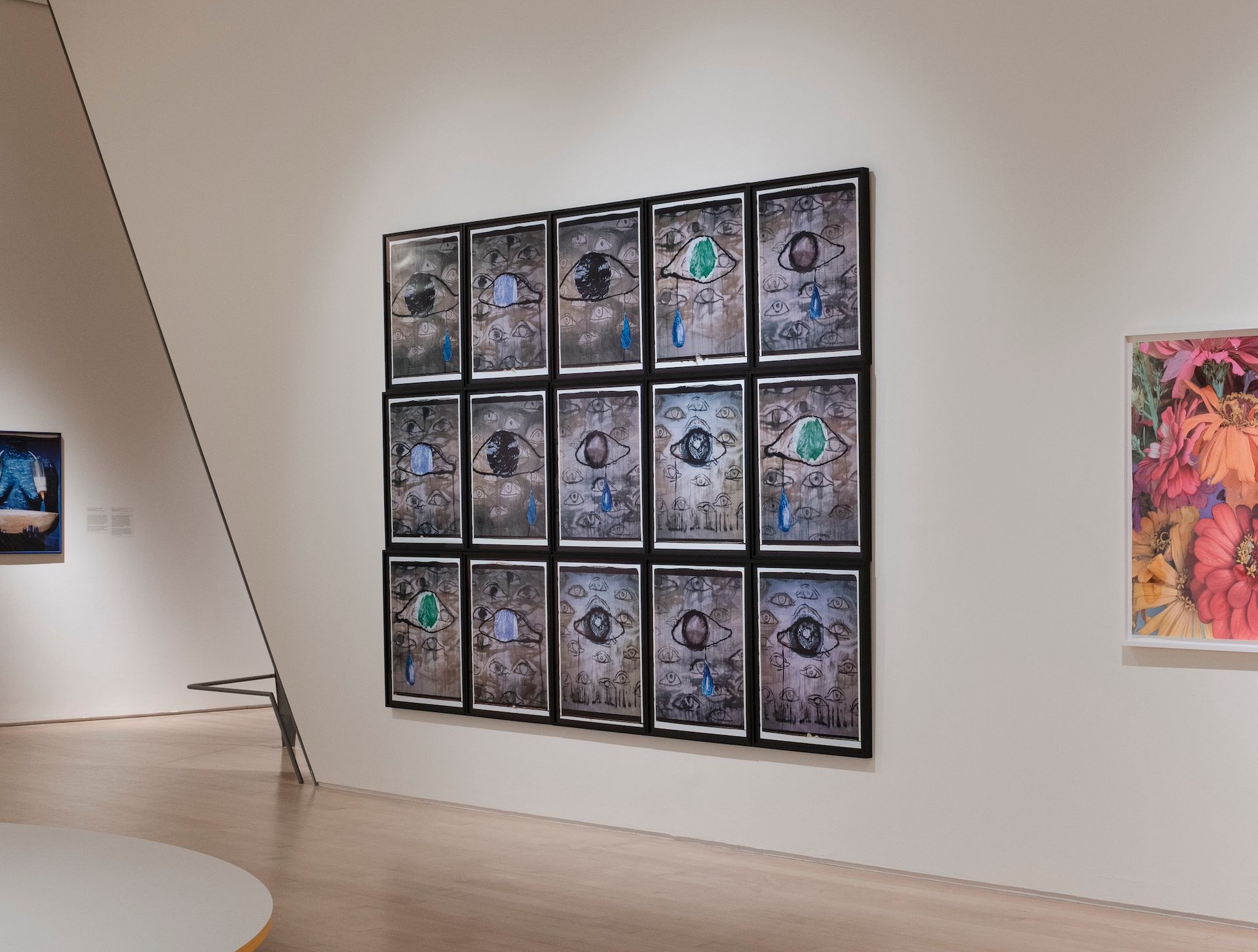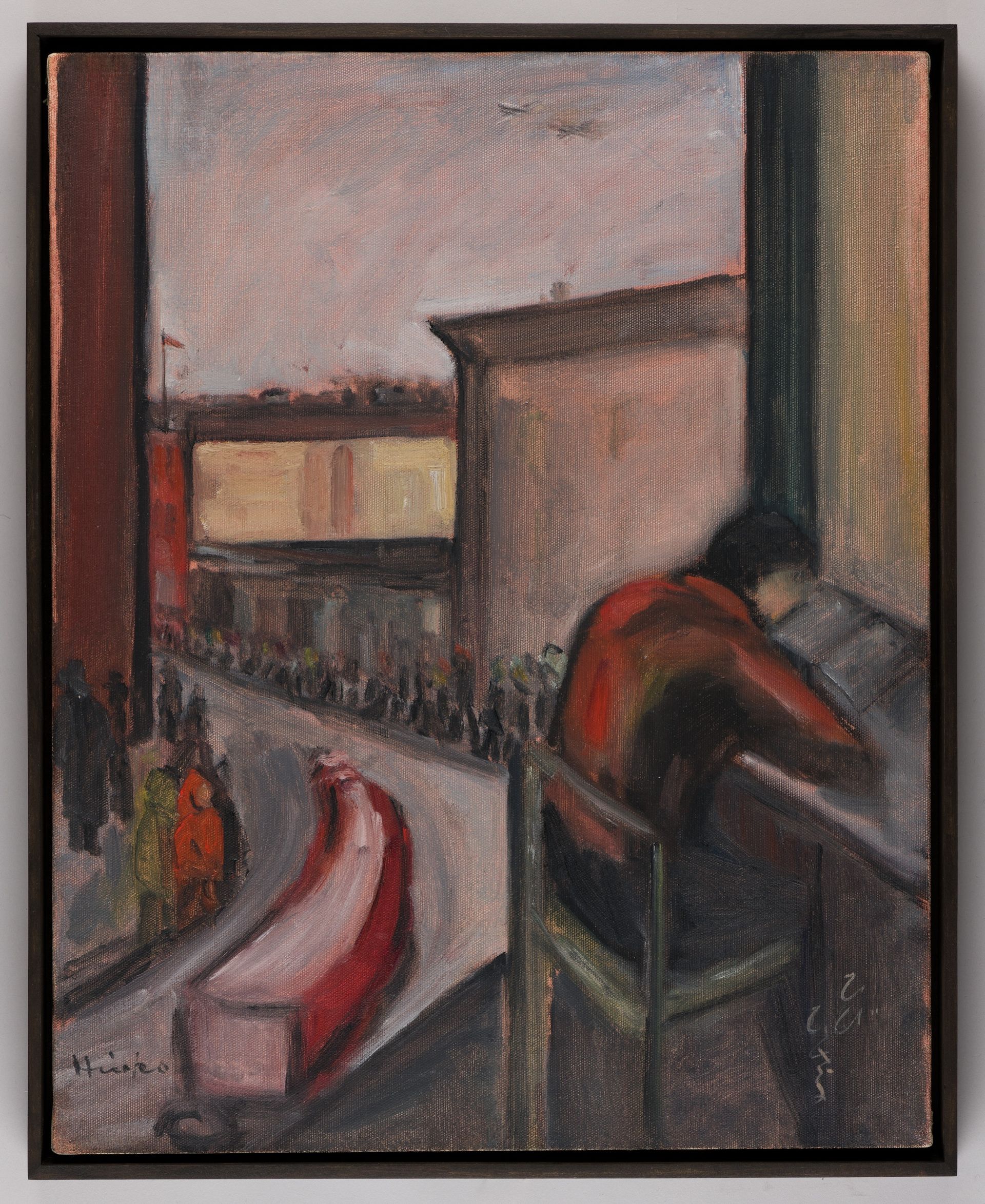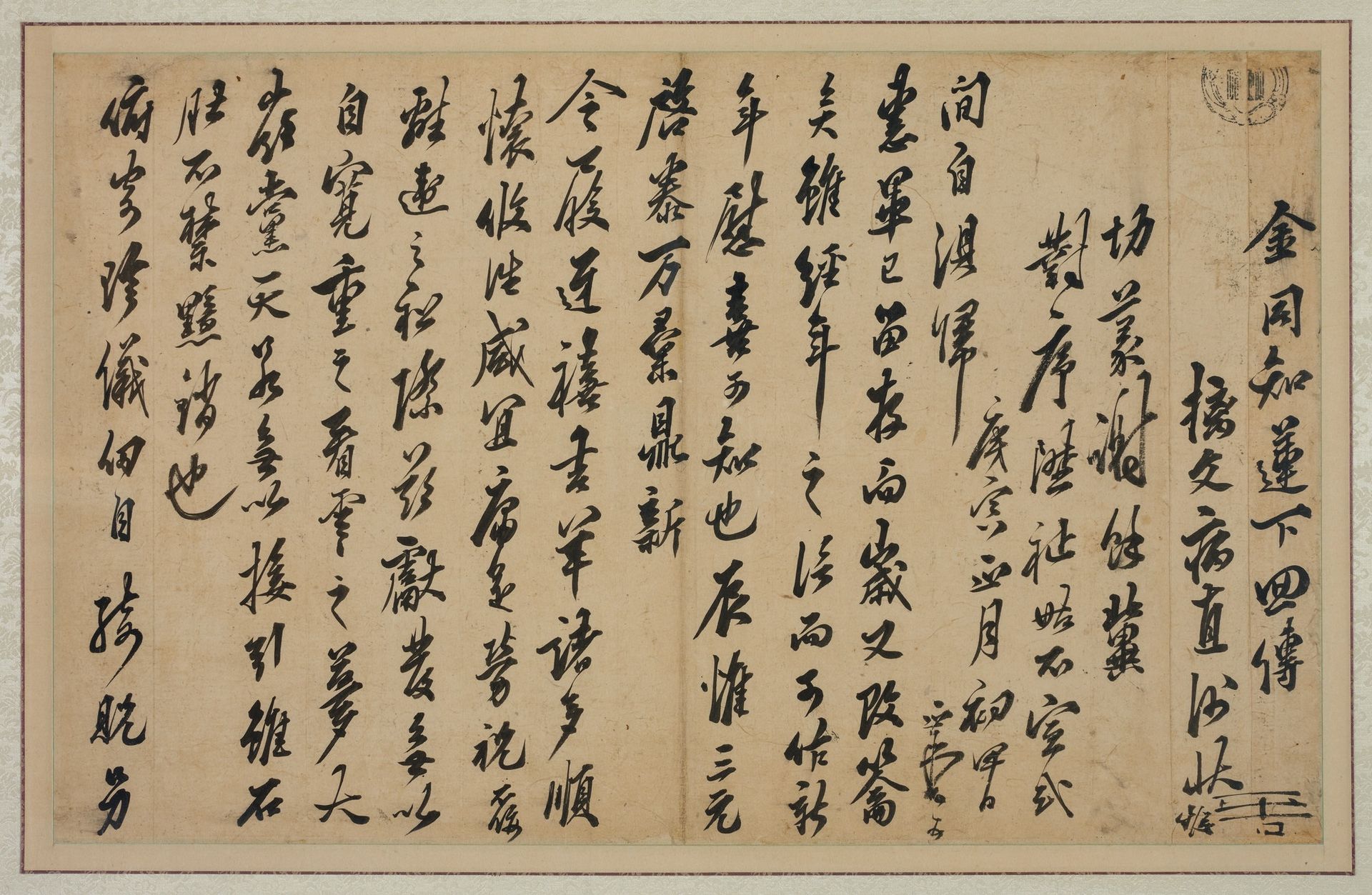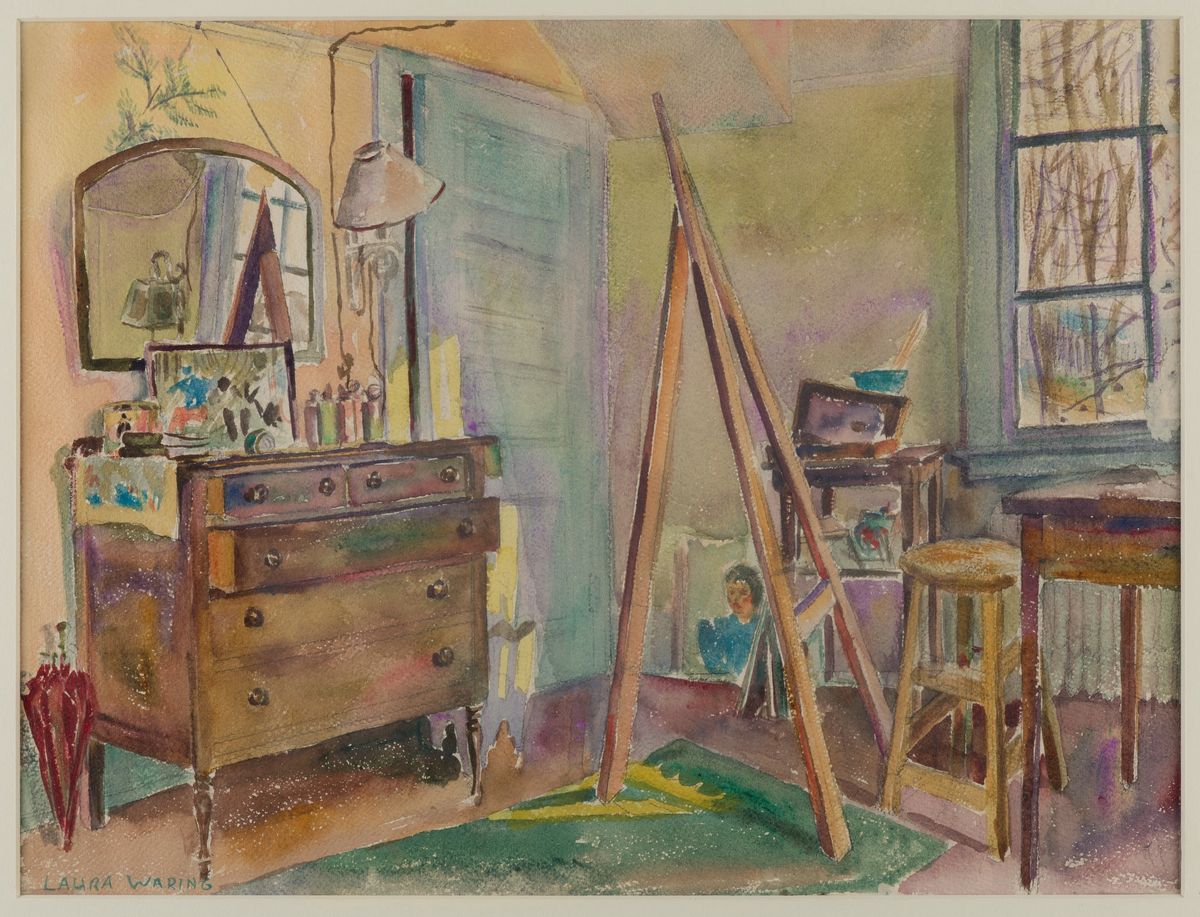The Brooklyn Museum has acquired more than 300 works for its permanent collection since late 2022, many of which will go on view in the institution’s renovated American wing when it reopens late next year. The new and recent acquisitions also include works by African and Asian artists, further contributing to the diversity of the museum’s encyclopaedic collection.
Highlights from the past year’s acquisitions, revealed on 20 November, include works by the 2023 MacArthur Fellows Dyani White Hawk and María Magdalena Campos-Pons (the latter of whom is currently the subject of a solo show at the museum), Rashid Johnson and a wallpaper pattern the artist Sheila Bridges created in collaboration with the English manufacturer Wedgwood. A significant share of the more than 300 works acquired are by just two artists: the American photographer Joel Sternfeld and painter Emily Sargent (1857-1936), sister of John Singer Sargent.

María Magdalena Campos-Pons, Voyeurs and Beholders of…, 2008. Brooklyn Museum; Gift of the Contemporary Art Committee with additional support by the William K. Jacobs, Jr. Fund, © María Magdalena Campos-Pons. Photo: Danny Perez
The work acquired by Campos-Pons, Voyeurs and Beholders of… (2008), is a 15-part Polaroid work from her current solo show that the artist made in direct response to the US-led war in Iraq. It also builds on her interest in interrogating the legacies of slavery and exploitation of Black and marginalised people in the US.
The museum also deepened its holdings of works by Modern Asian American artists this year, including through the acquisition of Satoshi’s Room (1945-54), a painting by the Japanese-born American artist Hisako Hibi (1907-1991). It depicts the artist’s son studying in a window before a busy New York City streetscape, a characteristically contemplative subject for an artist focused on rendering the challenges of life in America for Japanese immigrants following the Second World War.

Hisako Hibi, Satoshi Studying, 1945-54. Brooklyn Museum; Gift of Ibuki Hibi Lee. © Hisako Hibi. Photo: Brooklyn Museum
Another contemplative interior image from mid-century joining the collection is Corner of Laura Wheeler Waring’s Studio, Cheyney, PA (around 1940), by Laura Wheeler Waring (1887-1948), a watercolour of the artist’s studio, thought to be on the campus of Cheyney University of Pennsylvania, the country’s oldest historically Black college or university. While Wheeler Waring is best known for her portraits of Black American luminaries, this quiet picture of her studio offers a richly detailed look into the artist’s life.

Gim Jeong-hui, Letter, 1830. Brooklyn Museum; Gift of the Carroll Family Collection. Photo: Brooklyn Museum
The museum built up its holdings of Korean calligraphy this year, too, acquiring five pieces spanning the 16th to the 19th century. They include an 1830 letter by Gim Jeong-hui (1786-1856), a well-known Korean scholar and calligrapher, written in Korean but using Chinese characters.


